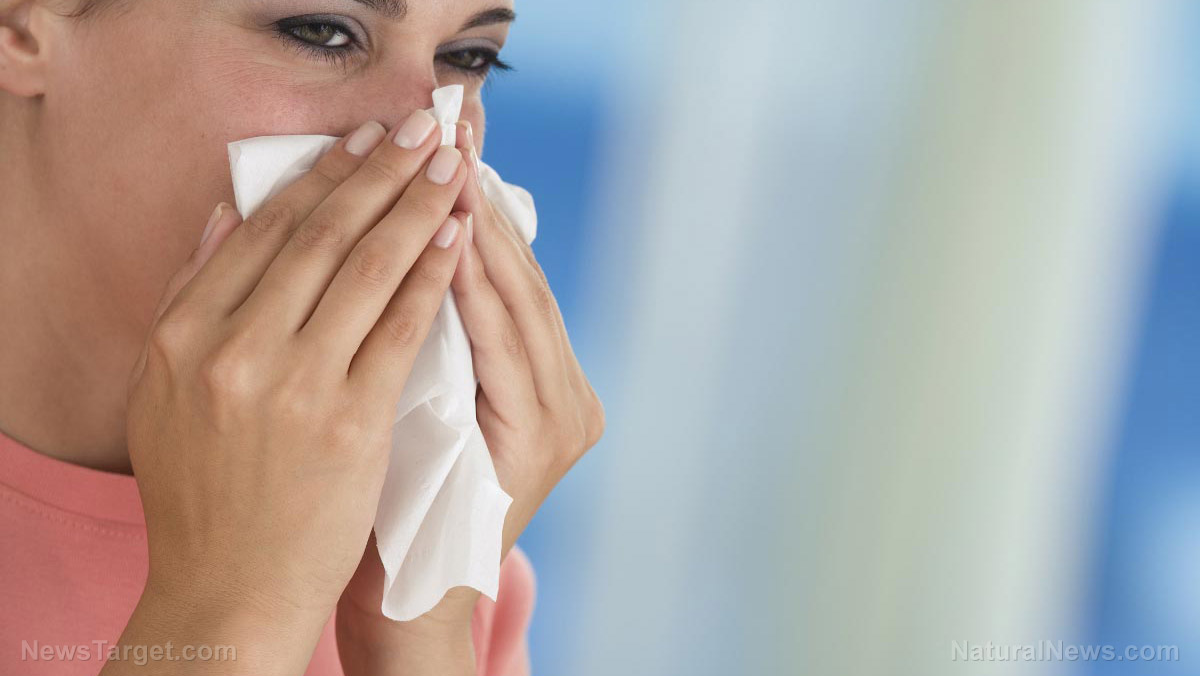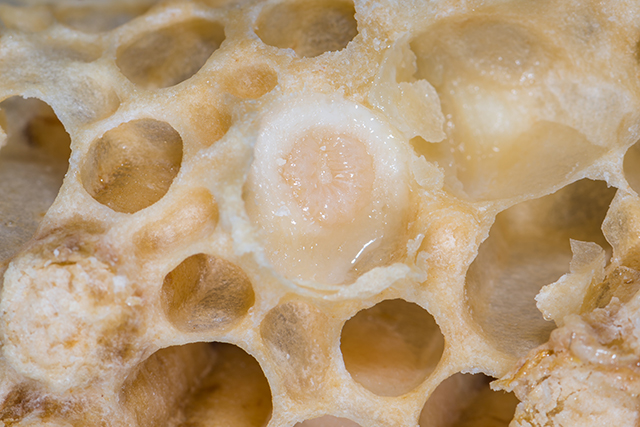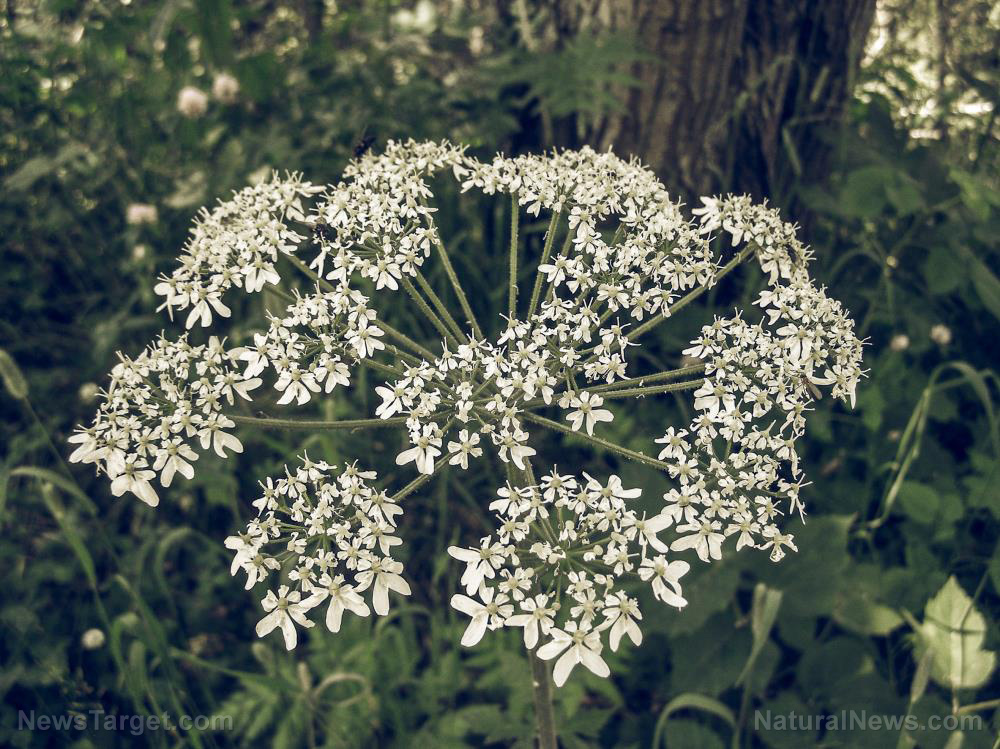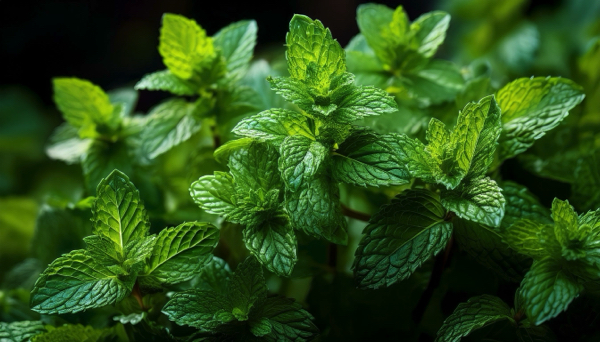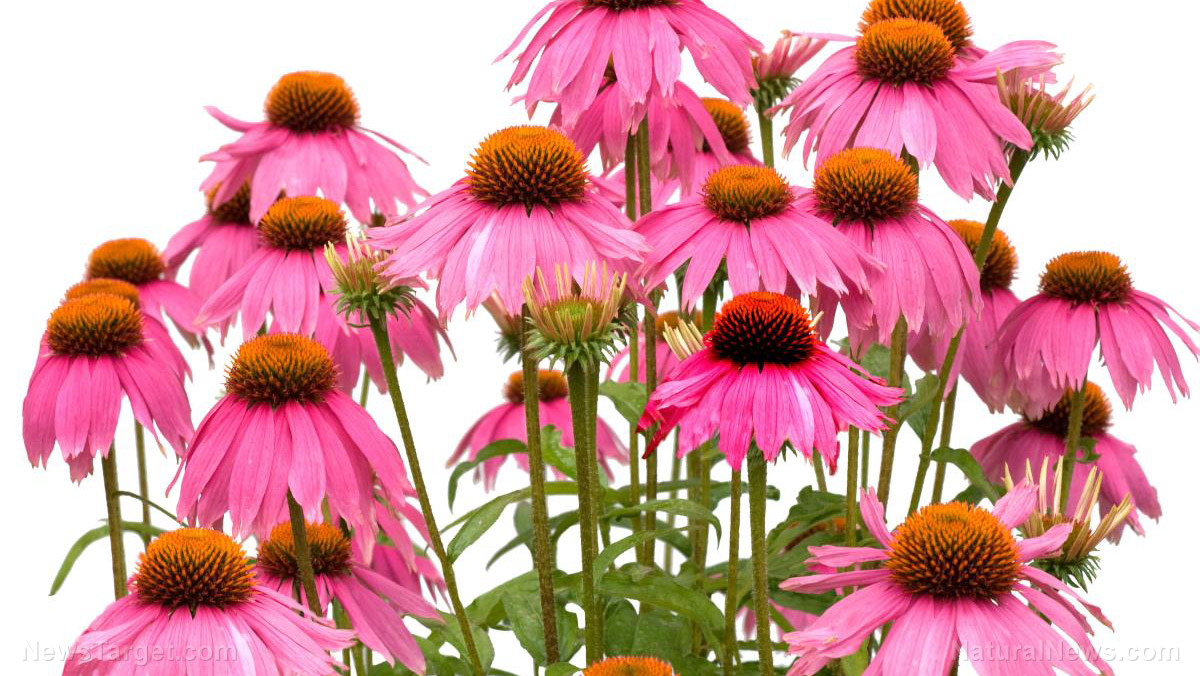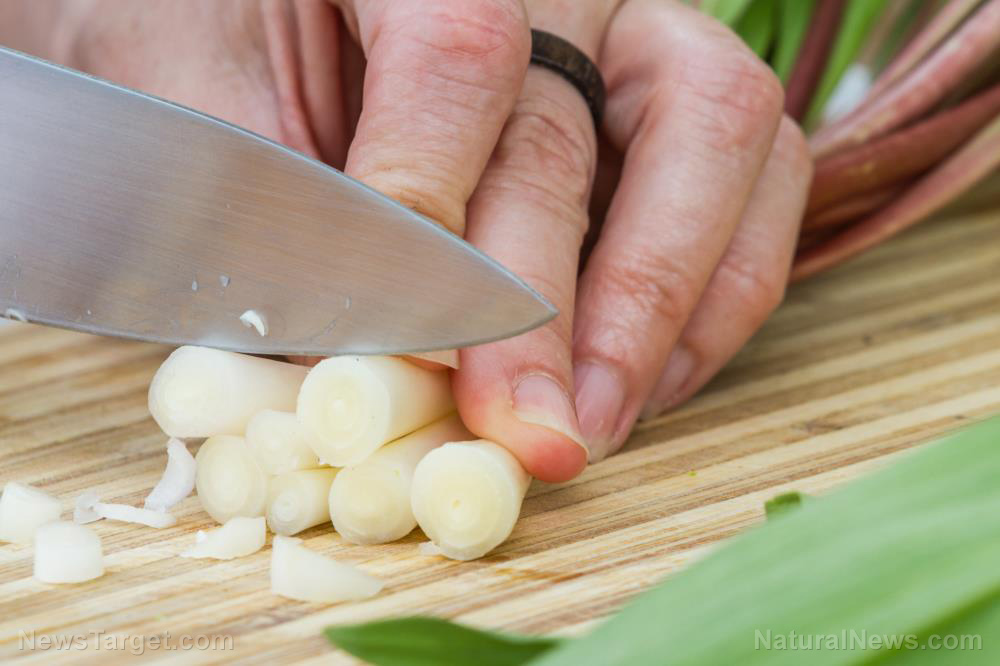16 More reasons black seed is ‘the remedy for everything but death’
09/07/2023 / By News Editors

Known since ancient times as a ‘remedy for everything but death,’ an increasingly vast body of scientific research reveals that it is indeed one of nature’s most potent and versatile healing agents
(Article by Sayer Ji republished from GreenMedInfo.com)
A few years ago, we wrote an article about nigella sativa (aka black seed) titled, ‘The Remedy For Everything But Death.’ It described the research on the many ways in which black seed (nigella sativa) is a potentially life-saving medicinal food, and is one of our most popular articles, with over 700K social media shares and close to 2 million views.
Opening with, “This humble, but immensely powerful seed, kills MRSA, heals the chemical weapon poisoned body, stimulates regeneration of the dying beta cells within the diabetic’s pancreas, and yet too few even know it exists,” the article summarized the peer-reviewed and published research on 10 of the seed’s remarkable health benefits:
- Type 2 Diabetes: Two grams of black seed a day resulted in reduced fasting glucose, decreased insulin resistance, increased beta-cell function, and reduced glycosylated hemoglobin (HbA1c) in human subjects.[ii]
- Helicobacter Pylori Infection: Black seeds possess clinically useful anti-H. pylori activity, comparable to triple eradication therapy.[iii]
- Epilepsy: Black seeds were traditionally known to have anticonvulsive properties. A 2007 study with epileptic children, whose condition was refractory to conventional drug treatment, found that a water extract significantly reduced seizure activity.[iv]
- High Blood pressure: The daily use of 100 and 200 mg of black seed extract, twice daily, for 2 months, was found to have a blood pressure-lowering effect in patients with mild hypertension.[v]
- Asthma: Thymoquinone, one of the main active constituents within Nigella sativa, is superior to the drug fluticasone in an animal model of asthma.[vi] Another study, this time in human subjects, found that boiled water extracts of black seed have relatively potent antiasthmatic effect on asthmatic airways.[vii]
- Acute tonsillopharyngitis: characterized by tonsil or pharyngeal inflammation (i.e. sore throat), mostly viral in origin, black seed capsules (in combination with Phyllanthus niruri) have been found to significantly alleviate throat pain, and reduce the need for pain-killers, in human subjects.[viii]
- Chemical Weapons Injury: A randomized, placebo-controlled human study of chemical weapons injured patients found that boiled water extracts of black seed reduced respiratory symptoms, chest wheezing, and pulmonary function test values, as well as reduced the need for drug treatment.[ix]
- Colon Cancer: Cell studies have found that black seed extract compares favorably to the chemoagent 5-fluoruracil in the suppression of colon cancer growth, but with a far higher safety profile.[x] Animal research has found that black seed oil has significant inhibitory effects against colon cancer in rats, without observable side effects.[xi]
- MRSA: Black seed has anti-bacterial activity against clinical isolates of methicillin resistant Staphylococcus aureus.[xii]
- Opiate Addiction/Withdrawal: A study on 35 opiate addicts found black seed as an effective therapy in long-term treatment of opioid dependence.[xiii]
Since then, the biomedical research on black seed has continued to flourish, with dozens of new articles published and cited on the National Library of Medicine’s biomedical database MEDLINE available to peruse.
Here are 16 additional potential health benefits to add to the growing list:
- Prevents Radiation Damage: Nigella sativa oil (NSO) and its active component, thymoquinone, protect brain tissue from radiation-induced nitrosative stress.[i]
- Protects Against Damage from Heart Attack: A thymoquinone extract from nigella sativa has a protective effect against damage associated with experimental heart attack.[ii]
- Prevents Morphine Dependence/Toxicity: An alcohol extract of nigella sativa reduces morphine-associated conditioned place preference, an indication of morphine intoxication, dependence and tolerance.[iii]
- Prevents Kidney Damage Associated with Diabetes: A thymoquinone extract from nigella sativa has protective effects on experimental diabetic nephropathy.[iv]
- Prevents Post-Surgical Adhesions: Covering peritoneal surfaces with Nigella sativa oil (NSO) after peritoneal trauma is effective in decreasing peritoneal adhesion formation in an experimental model.[v]
- Prevents Alzheimer’s Associated Neurotoxicity: A thymoquinone extract from nigella sativa has protective effects on experimental diabetic prevents neurotoxicity and A?1-40-induced apoptosis in the cell model.[vi]
- Suppresses Breast Cancer Growth: : A thymoquinone extract from nigella sativa inhibits tumor growth and induces programmed cell death (apoptosis) in a breast cancer xenograft mouse model.[vii] [viii]
- Exhibits Anti-Psoriasis Properties: The alcohol extract of nigella sativa seeds exhibit anti-psoriatic activity, consistent with its medicinal use in traditional medicine.[ix]
- Prevents Brain Pathology Associated with Parkinson’s Disease: A thymoquinone extract from nigella sativa protects cultured neurons against ?SN-induced synaptic toxicity, a pathology observed in the brains of patients with Parkinson’s disease and dementia with Lewy bodies.[x]
- Kills Highly Aggressive Gliobastoma Brain Cancer Cells: A thymoquinone extract from nigella sativa exhibits glioblastoma cell killing activity. [xi]
- Kills Leukemia Cells: A thymoquinone from nigella sativa induces mitochondria-mediated apoptosis in acute lymphoblastic leukaemia in vitro.[xii]
- Suppresses Liver Cancer Growth: A thymoquinone extract from nigella sativa prevents chemically-induced cancer in a rat model.[xiii]
- Prevents Diabetic Pathologies: A water and alcohol extract of nigella sativa at low doses has a blood-sugar lowering effect and ameliorative effect on regeneration of pancreatic islets, indicating its value as a therapeutic agent in the management of diabetes mellitus.[xiv]
- Suppresses Cervical Cancer Cell Growth: A thymoquinone extract from nigella sativa exhibits anti-proliferative, apoptotic and anti-invasive properties in a cervical cancer cell line.[xv]
- Prevents Lead-Induced Brain Damage: A thymoquinone extract from nigella sativa ameliorates lead-induced brain damage in Sprague Dawley rats.[xvi]
- Kills Oral Cancer Cells: A thymoquinone extract from nigella sativa induces programmed cell death (apoptosis) in oral cancer cells.[xvii]
Why is such a powerful seed not yet on the radar of most medical and nutrition communities? We know sesame seed can beat Tylenol in reducing arthritis pain and can reduce cardiovascular disease risk factors in a manner that makes statin drugs envious, and we know flaxseeds shrink breast and prostate tumors, but black seed’s benefits are still largely under reported and underutilized.
Interestingly, despite this blind spot, and as if to confirm black seed’s immense potential as a healing agent, Nestlé, the Switzerland-based global food giant, filed a patent on patent on the use of nigella sativa to “prevent food allergies” in 2010 (Nestlé’s international patent publication WO2010133574). This obvious attempt to appropriate traditional knowledge and use claimed the plant seed or extract should be Nestlé’s intellectual property when used as a food ingredient or drug. According to a Third World Network Briefing Paper from July, 2012:
“The Swiss giant’s claims appear invalid, as traditional uses of Nigella sativa clearly anticipate Nestlé’s patent application, and developing country scholarship has already validated these traditional uses and further described, in contemporary scientific terms, the very medicinal properties of black seed that Nestlé seeks to claim as its own “invention”.
“Nestlé claims any use of an opioid receptor-stimulating compound to treat or prevent allergies, specifically thymoquinone and, more specifically, administration of thymoquinone in the form of Nigella sativa plant material (seeds).3 The type of food allergy of greatest focus is upset stomach and diarrhea.”
The good news is that no such patent has yet to win approval, and for now, this food is still freely available. For additional research updates, simply go to Pubmed.gov, and sign up for an automatic email update for the keyword “nigella sativa,” and you’ll be one of the first to learn about the new research being done on this amazing seed as it comes directly through the biomedical research pipeline.
Read more at: GreenMedInfo.com
Submit a correction >>
Tagged Under:
alternative medicine, Alzheimer's disease, anticancer, black seed, brain health, diabetes cure, healing, heart disease, heart health, herbal medicine, herbs, infections, natural antibiotics, natural cures, natural health, natural medicine, oncology, prevention, radiation, remedies
This article may contain statements that reflect the opinion of the author
RECENT NEWS & ARTICLES
consumerwellness.info is a fact-based public education website published by consumerwellness.info
All content copyright © 2023 by consumerwellness.info
Contact Us with Tips or Corrections
All trademarks, registered trademarks and servicemarks mentioned on this site are the property of their respective owners.

